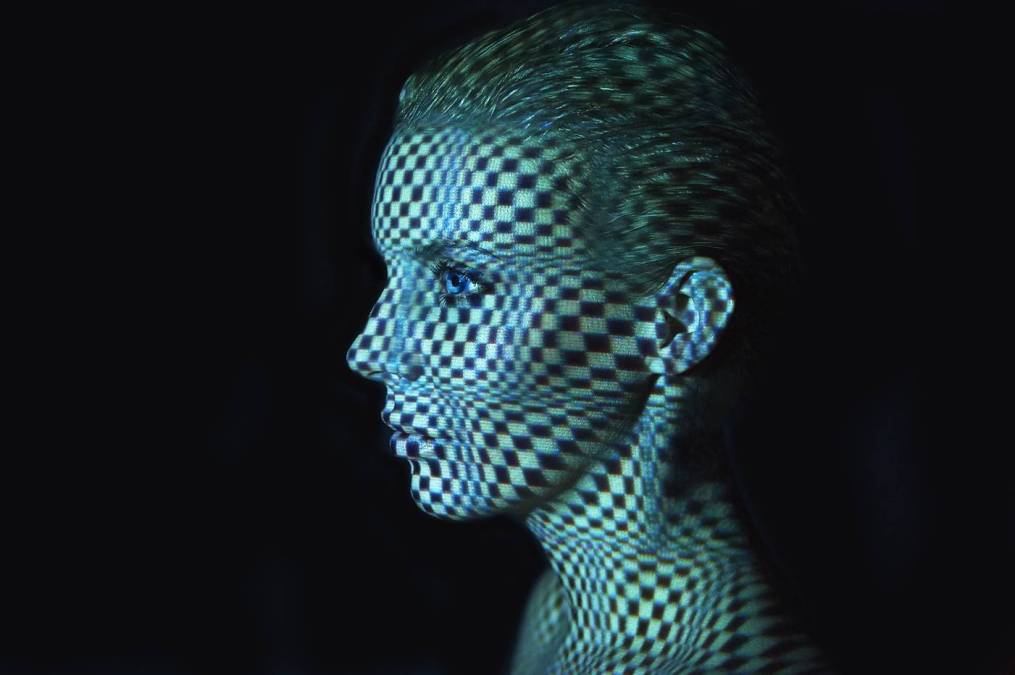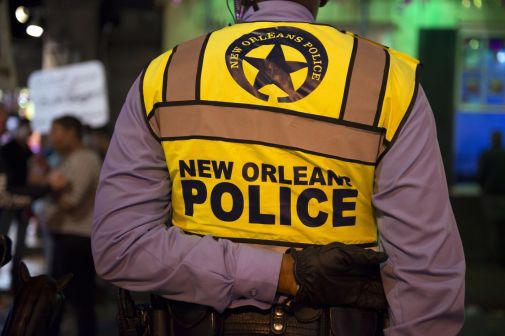Maryland lawmakers approve ‘strongest’ facial recognition rules for law enforcement yet

The Maryland General Assembly this week unanimously passed legislation limiting how law enforcement agencies in the state can use facial recognition technology. It’s now on its way to Gov. Wes Moore’s desk for a signature and could become active as soon as Oct. 1.
The legislation, SB182 and HB338, limits law enforcement’s use of facial recognition systems to specific uses and outlines measures agencies must take to document and publish how they use the technology during investigations. Maryland follows a handful of other states that have passed restrictions on use of the controversial technology, but some are calling the state’s regulations the “strongest” so far.
Under the new law, using facial recognition technology in Maryland would be limited to the investigations of certain crimes, including violent crime, human trafficking, child abuse, child pornography, hate crimes, certain weapons crimes and criminal acts that involve “circumstances presenting a substantial and ongoing threat to public safety or national security.” Law enforcement would also not be allowed to use facial recognition on images or recordings of individuals engaging in protected activity, such as protest, unless there is reasonable suspicion to believe the individual has committed a crime, the bill reads.
The law would also prohibit using facial recognition on a sketch or other manually produced image and ban the use of facial recognition for real-time identification. Other limitations include what types of images facial recognition technologies can compare input images to, which is limited to driver’s license image databases maintained by state agencies and mugshot databases maintained by local, state and federal law enforcement agencies. This includes agencies in other countries.
The facial recognition regulations would also limit how the technology can be used during criminal proceedings. Facial recognition matches could not, for example, be used during a criminal proceeding as the sole basis to establish probable cause, but they could be used during a preliminary hearing or in connection with the issuance of an arrest warrant. During those hearings, matches generated from facial recognition technology could only be used to establish probable cause or make a positive identification if the results are supported by additional, independently obtained evidence that corroborates the match.
During criminal proceedings, the state would also be required to disclose if facial recognition was used during an investigation and provide information about the database that was searched — as well as all matches that were generated — during the judicial discovery period.
The legislation would require the state’s Department of Public Safety and Correctional Services to administer a training program for law enforcement officers regarding the use of facial recognition technology by the end of June 2026. Additionally, law enforcement agencies that use facial recognition systems would be required to publish a report by the start of February each year disclosing all uses of the technology.
Maryland follows a handful of other states that have moved to regulate the tech. Some, such as Vermont, have opted to allow use of facial recognition only for certain investigatory purposes. Others have set more stringent guardrails, such as those created by a 2020 Massachusetts law that require police to obtain a warrant to use the technology and create a commission to study use of the technology and suggest additional regulations.






